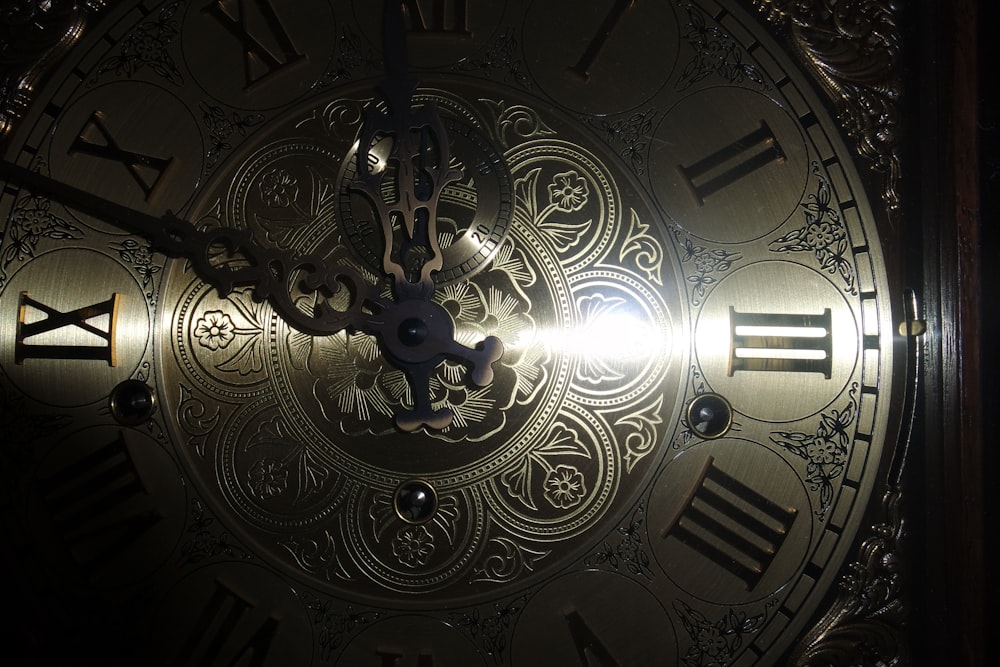You can blame ole Ben for Daylight Savings Time as Franklin did a detailed send up as to why moving time ahead one hour in spring and summer was a "really" good idea. :)
Letter to the Editor of the Journal of Paris, 1784
In the six months between the 20th of March and the 20th of September, there are
Nights 183
Hours of each night in which we burn candles 7
Multiplication gives for the total number of hours 1,281
These 1,281 hours multiplied by 100,000, the number of inhabitants, give 128,100,000
One hundred twenty-eight millions and one hundred thousand hours, spent at Paris by candle-light, which, at half a pound of wax and tallow per hour, gives the weight of 64,050,000
Sixty-four millions and fifty thousand of pounds, which, estimating the whole at-the medium price of thirty sols the pound, makes the sum of ninety-six millions and seventy-five thousand livres tournois 96,075,000
An immense sum! that the city of Paris might save every year, by the economy of using sunshine instead of candles. If it should be said, that people are apt to be obstinately attached to old customs, and that it will be difficult to induce them to rise before noon, consequently my discovery can be of little use; I answer, Nil desperandum. I believe all who have common sense, as soon as they have learnt from this paper that it is daylight when the sun rises, will contrive to rise with him; and, to compel the rest, I would propose the following regulations; First. Let a tax be laid of a louis per window, on every window that is provided with shutters to keep out the light of the sun. Etc, etc etc :)
In 2021, the take on D.S.T. differs depending on who's doing the talking.
The twice-yearly switch no longer saves much energy, but it does take a serious toll on people’s health. “Light is the most powerful regulator of our internal clock, also known as our circadian rhythm, and some people may not even adjust to the time change after several months,” says Anita Shelgikar, an associate professor of sleep medicine and neurology at the University of Michigan Health System. “Chronic misalignment between the internal clock and occupational, family and social activities can be very disruptive.”
If Americans already spend most of the year on Daylight Time, should we just get rid of Standard Time altogether, as so many legislators have proposed?
Steve Calandrillo, a law professor at the University of Washington who has conducted economic research on the topic, thinks it’s the right move. One reason is that darkness in the evening is associated with both larger numbers of fatal car accidents and higher levels of crime than darkness in the morning.
“D.S.T. brings an extra hour of sunlight into the evening to mitigate those risks,” he writes. “Standard Time has precisely the opposite impact, by moving sunlight into the morning.”

Photo by Brooke Campbell on Unsplash



No comments:
Post a Comment